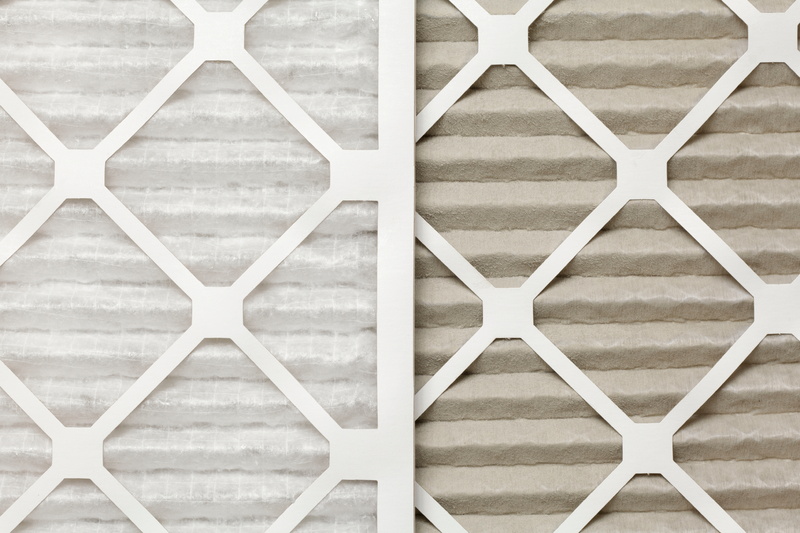 Air quality in homes is a growing concern today. Government studies have found that the air inside buildings, including residential ones, can be three to four times worse than the air outside. This goes against what most people think of when they think of “air pollution.” The reason for this spike in indoor air pollutants is that homes aren’t designed today for sufficient circulation of outdoor air. This helps to keep homes energy efficient (less heat gain in hot weather, less heat loss in cold weather), but it ends up trapping numerous pollutants generated indoors from household products, paint, varnish, cleaning supplies, and plain o’ dust and lint.
Air quality in homes is a growing concern today. Government studies have found that the air inside buildings, including residential ones, can be three to four times worse than the air outside. This goes against what most people think of when they think of “air pollution.” The reason for this spike in indoor air pollutants is that homes aren’t designed today for sufficient circulation of outdoor air. This helps to keep homes energy efficient (less heat gain in hot weather, less heat loss in cold weather), but it ends up trapping numerous pollutants generated indoors from household products, paint, varnish, cleaning supplies, and plain o’ dust and lint.
What can you do about this air quality trouble in your house? Air filters are a great start. And why not go out and get the strongest air filters to do the best job?
Slow down … it’s more complicated than that
The temptation with putting in air filters into a home’s HVAC system is to get filters that will stop the largest number of pollutants. Air filters use a mesh of fibers to trap unwanted airborne contaminants, so the stronger and tighter the weave, the smaller-sized pollutants the filter can stop.
The problem is that the tighter the weave, the more pressure the filter will place on airflow. A strong filter may be able to stop pollutants as small as odor molecules, but it could also end up choking off the airflow through the ventilation system. That means a drop in comfort around the home, a spike in energy bills, and an increase in air pressure in the HVAC system that can lead to damage.
The right air filter must be balanced so it effectively traps pollutants while still allowing the HVAC system to function.
How do I find the right power air filter?
There’s no big secret to this: work with indoor air quality professionals. Air filter strength is rated on a scale called MERV (minimum efficiency reporting value). The higher the MERV number, the smaller pollutants the filter will trap. The simple filter found on a window AC has a MERV of 2 or 4. Homes will generally use MERV filters between 8 and 16. Higher than MERV 16 is limited to commercial, industrial, and healthcare facilities.
If you try to purchase filters on your own and guess what MERV rating is right, you might end up with a filter that won’t do the job or which damages the HVAC system. (You probably also won’t know how to install the filters correctly.) An IAQ professional can assess your home and HVAC system to be able to make an accurate determination of the types of filters to match your indoor air quality needs. If you need more air cleaning power than a filter can give, the IAQ professional will recommend a combination of air filters and electronic air purifiers (which do not place pressure on the airflow).
We are the HVAC company in Staten Island, NY to trust for your indoor air quality needs this summer, as well as any time of the year.
Clean your air thanks to the expertise of the team at Bob Mims Heating & Air Conditioning. Serving Staten Island’s Heating and A/C needs since 1955.

